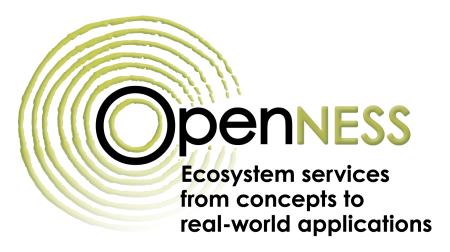
Resource description:
In scenario planning various tools and techniques are applied (often in combination) to develop plausible and internally consistent descriptions of alternative future options (Johnson et al. 2012). Assumptions about future events or trends are questioned, and uncertainties are made explicit (Bohensky et al. 2006). Scenario planning typically takes place in a workshop settings, where participants explore current trends, drivers of change, key uncertainties, and how these factors might interact to influence the future (Schoemaker 1995). Although scenario planning is not a de facto valuation tool, scenarios can be used to explore how ecosystem services might change in the future and how these changes can influence human well-being.
Author/Contact:
Eszter Kelemen
Senior research fellow at ESSRG Ltd. and senior lecturer at Corvinus University of Budapest
kelemen.eszter@essrg.hu
OPPLA username: ekelemen
Requirements:
- A participatory scenario planning process requires good facilitation skills and resources
- Quantitative scenarios might require licenced software and always necessitates advanced modelling/programming skills
Advantages:
- Facilitates learning and allows for the integration of diverse knowledge forms and plural and heterogeneous values
- Scenarios can be developed in a participatory way which makes possible the active engagement of different stakeholders and hence can create a science-policy-public interface
- It is possible to consider a range of policy or response options, and assess how robust those options are to the different scenarios developed
Constraints:
- Robustness and internal consistency of scenarios is a key requirement which can only be guaranteed if quality control mechanisms are built in the process
- The quantification and modelling of narrative scenarios is often highly demanding in terms of expertise, time and other resources
- Participatory scenario planning is time consuming for local stakeholders
Licence:
- Free, no licence
Development stage:
- Full, working product
- methodfactsheetscenarios.pdf (760.57 KB)